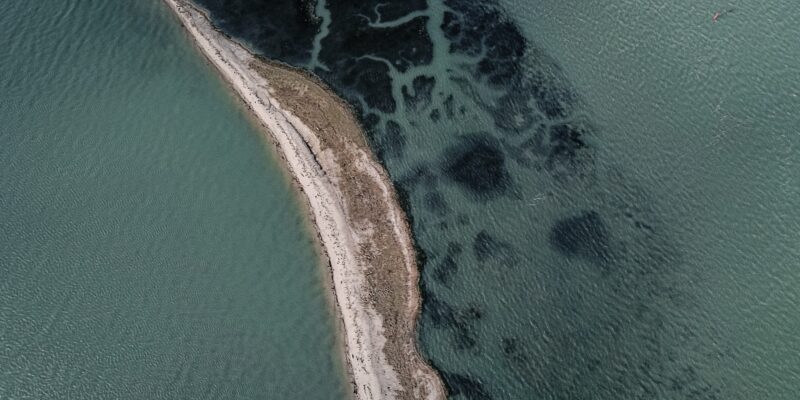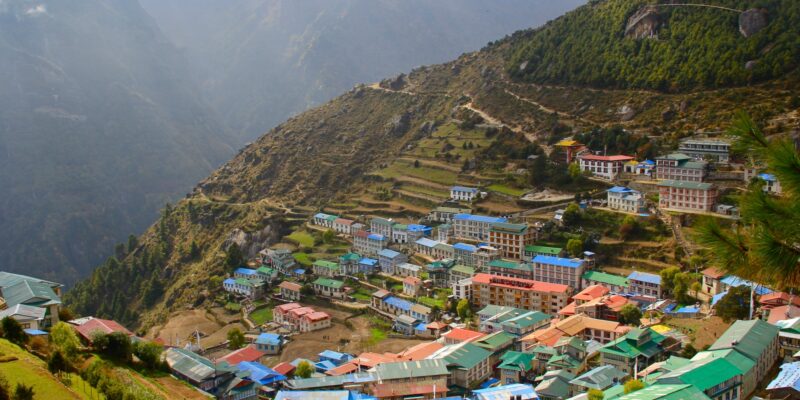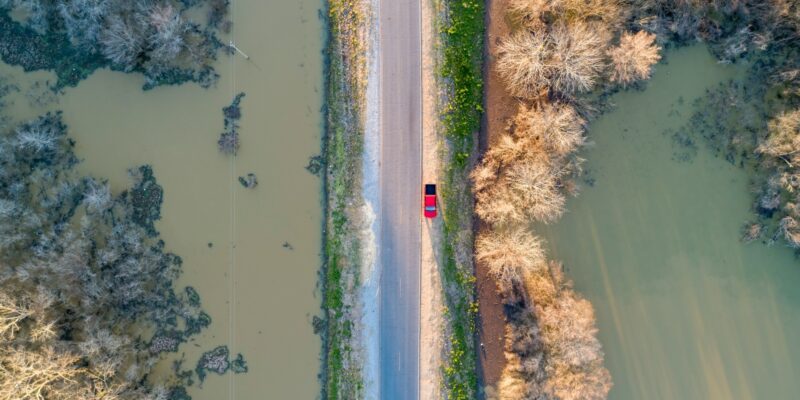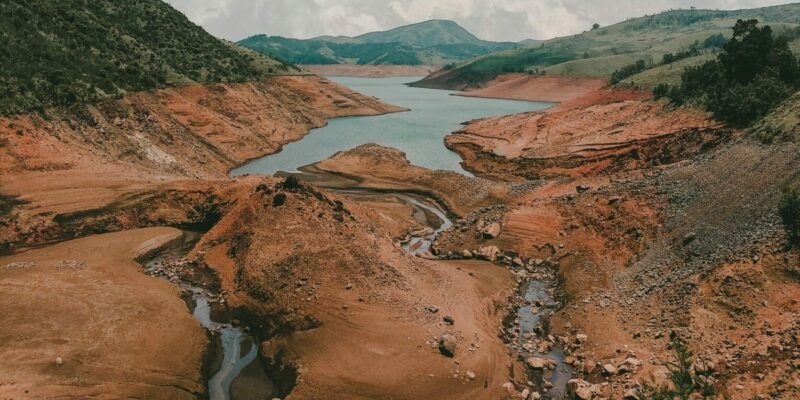Comment
Insights and expert analysis on climate issues.
Share


Implementing science-based climate policies requires communication and collaboration between various actors in the interdisciplinary climate field. The ISIpedia project is one of the growing number of efforts addressing this challenge by involving decision makers and practitioners in developing a tool that is meant to benefit them — a user-friendly information portal of climate change impacts.

Glacial melt spells more trouble in the Himalayan LDCs
Dr Carl-Friedrich Schleussner, Dr Fahad Saeed

Key Messages for Small Island Developing States from the IPCC 1.5°C Special Report
Dr Carl-Friedrich Schleussner
Small Island Developing States (SIDS) have been advocating for at least a decade for the establishment of 1.5°C as an upper limit for global average temperature increase - due to their high vulnerability to increased climate impacts. This latest IPCC 1.5°C Special Report provides the scientific assessment that supports the long-established cry of SIDS to limit global temperatures and the risks that threaten these small island nations.

The United States is already experiencing impacts of climate change across most sectors and regions and it’s likely to get worse, according to the Fourth National Climate Assessment, published in November 2018.
The authoritative report has been written by 300 expert authors from 13 Federal institutions and other agencies, sets out a grim picture of the impacts of climate change while calling for global efforts in mitigation to reduce the many risks to the US.

Small Islands and 1.5°C — A Special Issue in Regional Environmental Change
Dr Carl-Friedrich Schleussner

Hot, dry or flooded — more weather extremes beyond 1.5°C warming
Dr Carl-Friedrich Schleussner, Dr Fahad Saeed
This blog gives an overview of the most important recent studies on climate impacts and extreme events. Much of it will be synthesised in the IPCC special report on 1.5˚C, due out in October, which will be a key document for setting the course of climate policy at a global level.